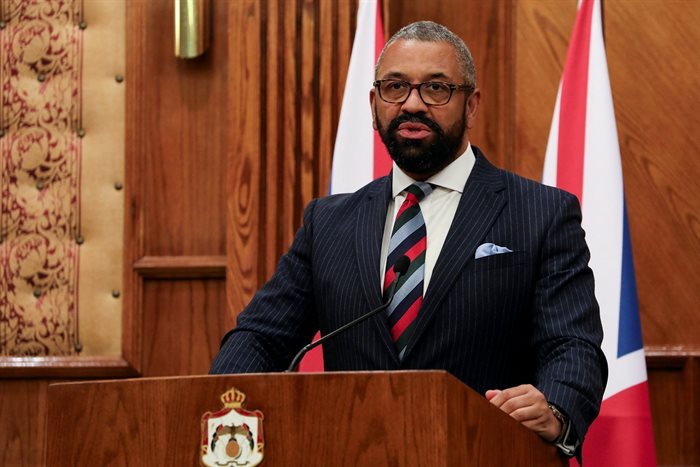
Cleverly has used the trip, which fell shortly after a coup in Niger, to seek to enhance Britain's sway in Africa, welcoming regional talks on the Niger crisis and announcing support for Nigeria's agriculture sector.
The foreign ministry said Cleverly would agree a UK-Zambia Green Growth Compact, aimed at generating £2.5bn ($3.17bn) of British private-sector investment in Zambia's mining, minerals and renewable energy sectors alongside £500m of government-backed investments.
"The UK-Zambia Green Growth Compact and our landmark agreement on critical minerals will support investment between UK and Zambian business, creating jobs in both countries," Cleverly said.
Zambia is a major copper producer and also has deposits of critical minerals such as cobalt, manganese and nickel. Last year, Britain emphasised the importance of diversifying its supply chains in a critical mineral strategy.
Cleverly will visit a copper mine in Zambia and sign a memorandum of understanding (MoU) on critical minerals, which Britain said would "lay the foundation for further UK support for the responsible mining of copper, cobalt and other metals essential to the global clean energy transition".
Britain has agreed to deepen collaboration on critical minerals with other countries such as the United States, Japan, Australia, Kazakhstan and Saudi Arabia.

Reuters, the news and media division of Thomson Reuters, is the world's largest multimedia news provider, reaching billions of people worldwide every day.
Go to: https://www.reuters.com/